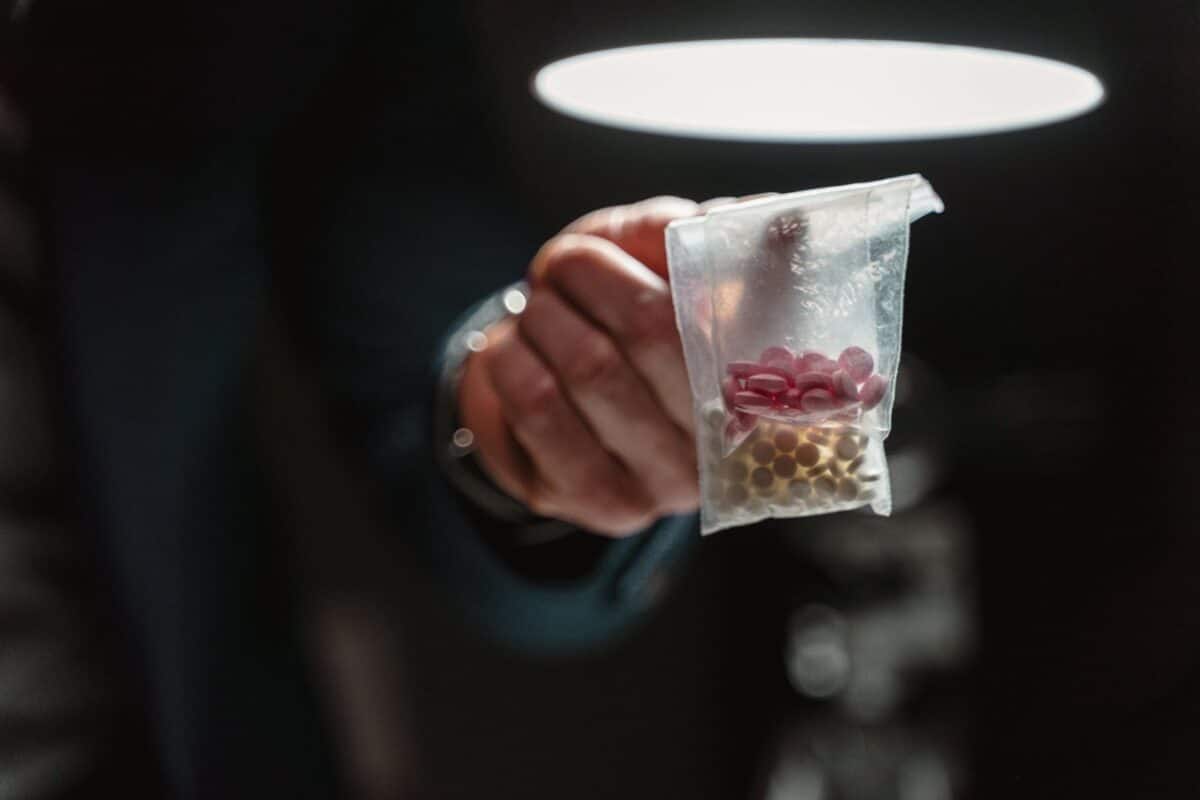The “stages of change” or “transtheoretical model” offers a comprehensive framework for understanding how individuals overcome addiction. While this model can be applied to various behavioural changes, it is most renowned for its effectiveness in addressing addiction. It originated from research examining the natural recovery process from addiction, aligning with the shift from confrontational and pathological approaches to more motivational and person-centred methods, such as motivational interviewing.
These stages of change are often depicted as a cyclical process, with individuals progressing through them sequentially. In reality, people can traverse these stages in a non-linear fashion, moving forward, backward, or even occupying multiple stages simultaneously. This sequential model provides valuable insights into the process of change, offering a structured approach to encourage and manage shifts in addictive behaviours.

The Pre-contemplation Stage
The pre-contemplation stage marks the initial phase in the “stages of change” model concerning addiction and behaviour transformation. At this stage, individuals typically do not recognise their behaviour as problematic. This might be due to the absence of negative consequences resulting from their actions or their denial regarding the seriousness of these consequences.
People in the pre-contemplation stage are generally resistant to hearing about the adverse effects or receiving advice to overcome their addiction. They often perceive their addictive behaviour as a positive or pleasurable experience. Nonetheless, negative repercussions eventually manifest in individuals engaging in addictive behaviours, either due to the development of addiction itself, which inherently affects other aspects of life, or the resulting harm following a single instance of engaging in these behaviours. These adverse consequences can propel individuals into the “contemplation” stage.
The Contemplation Stage
Contemplation, in essence, entails deep consideration and thought. In the context of the “stages of change” model for addiction and behaviour alteration, contemplation specifically refers to the phase where individuals grappling with addictive behaviours begin contemplating the idea of change. They ponder the possibility of reducing, moderating, or completely ceasing their addictive behaviour.
Differentiating from the preparation and action stages in the transtheoretical model, the contemplation stage indicates a greater receptivity to understanding the potential consequences of addictive behaviour. Individuals at this stage may be more open to exploring various strategies for controlling or quitting their addiction, without committing to a specific approach or immediate change.
Individuals dealing with addiction can remain in the contemplation stage for extended periods, with the possibility of progressing to the preparation stage or reverting to the pre-contemplation stage. Contemplators typically benefit from non-judgmental information-sharing and motivational techniques to facilitate change, as confrontational methods may prove counterproductive.
The contemplation stage culminates in the decision to address and transform addictive behaviour.

The Preparation Stage
The preparation stage within the stages of change (transtheoretical) model signifies that individuals have advanced to the planning and preparation phase for executing the contemplated changes. Thoughtful and thorough preparation is particularly crucial for success when dealing with substance addictions.
During the preparation stage, individuals may engage in various tasks and decisions, including:
- Defining the type of change desired: Whether the goal is to reduce, minimise harm, or achieve complete abstinence.
- Determining the approach for change: For instance, if the intention is to reduce cigarette smoking, individuals must decide the extent of reduction.
- Acquiring essential resources: For example, research on the most suitable nicotine patches, consultation with a physician for appropriate dosage, and procuring the necessary supplies.
- Eliminating triggers: Identifying and removing reminders of addiction, which can induce cravings and hinder progress.
- Establishing a support system: Ranging from informing supportive friends and family to reserving a place in detox or a treatment centre or finding a suitable support group.
Other unique preparations might be essential based on individual circumstances, such as locating a secure and clean environment to commence a new life. Seeking assistance from a counsellor or social worker during this stage can be immensely beneficial. These professionals can also provide guidance in other aspects of preparation.
It is vital to remember that the preparation stage should not be rushed, as its duration varies for each person. While some may have readily available support, others might require significant lifestyle changes, including relocation and identity transformation.
Once the necessary preparations are in place, individuals are typically prepared to move on to the action stage.
The Action Stage
The action stage is a pivotal focus for individuals striving to overcome addiction. This phase signifies the initiation of real behavioural change. Although the action stage can be stressful, effective preparation can make it an exciting period filled with new opportunities.
For many, the action stage commences in a detox or treatment centre, where trained professionals offer support throughout the initial phases of addiction discontinuation. Individuals with goals centred on moderation or controlled behaviour, rather than complete abstinence, might experience a phase that closely resembles their normal life but with increased self-control and a greater need for support and alternative stress-coping methods.
The action stage can take various forms, depending on the goals established during the contemplation stage and the plans devised during the preparation stage. Change can manifest through gradual, incremental steps or as a complete life transformation. Adjusting to life without addiction may feel unfamiliar and somewhat empty, even with adequate support and alternative coping mechanisms. Learning effective stress-coping strategies is critical during the action stage to ensure a smooth transition to the maintenance stage and prevent relapse.

The Maintenance Stage
The maintenance stage, as per Prochaska and DiClemente’s transtheoretical model of change, revolves around sustaining the progress initiated during the action stage. For individuals dealing with addiction, this entails adhering to the commitments established during the preparation stage and the behaviours introduced during the action stage. This stage is particularly challenging as time progresses and the initial intensity of the goal subsides.
Individuals can easily become complacent during the maintenance stage, believing that minor lapses will have no significant consequences. Maintaining focus and commitment can prove challenging when life’s stressors resurface, triggering a return to familiar addictive behaviours. Consequently, it is crucial to develop and adopt alternative coping mechanisms during the action stage, ensuring they are readily available during the maintenance phase.
Although many individuals successfully maintain abstinence or controlled behaviours, relapses are not uncommon. This is why the stages of change model occasionally incorporate a “relapse” stage to acknowledge the potential for lapses or periods of resuming addictive behaviour. In reality, the process of change is highly individual, with some people capable of adjusting their relationship with addictive substances or behaviours without succumbing to addiction. Others may find that abstinence is the sole means of effectively managing their addiction. Sometimes, it is only after several relapses that an individual discovers the true essence of recovery from addiction.
How White River Manor Can Help
We offer our guests individualised programs and luxury individual care at White River Manor. In collaboration with the client, our team of highly qualified therapists, medical professionals, and dependency specialists work to design a program to restore balance and well-being in our guests’ lives.
If you’d like to talk to us about treatment options and how we can help you recover, please don’t hesitate to reach out to our intake team.







